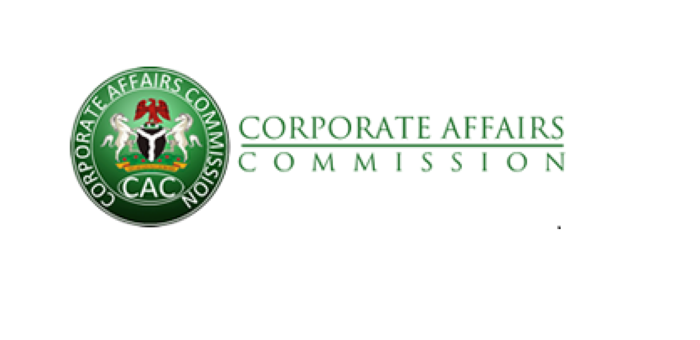CAC Postpones New Portal Fees, Penalties to Sept 1 Amid User Glitches

The Corporate Affairs Commission (CAC) has officially postponed the implementation of new document download charges and penalties on its upgraded registration portal, shifting the enforcement date from August 1 to September 1, 2025.
In a public notice issued Monday from its Abuja headquarters, the Commission cited transitional challenges experienced by users as the key reason for the deferment. The affected fee policy relates specifically to documents not downloaded within seven days of approval on the new platform.
What’s Behind the Postponement?
Since the June 30 launch of the CAC’s upgraded, AI-powered registration portal, users across Nigeria have reported persistent glitches including:
- Delays in downloading approved documents,
- Failed payment processing,
- Hiccups with post-incorporation filings for business names, and
- Difficulties uploading required documentation.
“We are working tirelessly, alongside our technical partners and stakeholders, to stabilise the system without shutting down the entire portal,” CAC stated.
The decision to delay enforcement, it added, is part of a “temporary relief package” aimed at minimizing disruptions for businesses, startups, and legal practitioners during the ongoing digital transition.
BRANDECONOMY INSIGHT: CAC’s Transformation — A Work in Progress
The CAC’s ambition to become a fully digitised, real-time corporate registry is well-aligned with global best practices. However, as the latest rollout shows, digitisation is not just about infrastructure — it’s about user experience.
The newly introduced fees were designed to encourage timely document retrieval and improve operational efficiency. But in an ecosystem where over 90% of Nigeria’s businesses are MSMEs, abrupt policy shifts — especially without stable technical support — risk eroding public confidence.
This delay serves as a strategic reset, giving the Commission time to:
- Rectify backend system inefficiencies,
- Engage with core stakeholders (law firms, consultants, business owners), and
- Reinforce its commitment to ease of doing business — a key pillar of Nigeria’s investment attractiveness.
A Portal Built for Speed, Facing Speed Bumps
Launched as part of CAC’s reform roadmap under the Ministry of Industry, Trade and Investment, the new digital platform promises:
- Reduced turnaround times for business registration,
- Automated compliance tracking, and
- AI-assisted processing to eliminate redundancies.
But as seen with similar e-governance transitions globally, execution gaps during rollout are common — particularly when legacy users have to adjust to new protocols.
What Businesses Should Expect
Until September 1:
- No late penalties will apply for un-downloaded documents,
- Users can continue engaging with the portal while CAC strengthens performance,
- Feedback channels remain open to guide continuous improvement.
The Commission has promised to update users as improvements roll out and assures that “customer experience remains a top priority.”
BOTTOM LINE:
The CAC’s fee postponement reflects a responsive regulatory posture in the face of user challenges. While digital reforms are critical for Nigeria’s ease-of-doing-business rankings, their long-term success depends on transparency, system reliability, and user-centric engagement.
As CAC recalibrates, businesses are advised to stay compliant, follow official updates, and prepare for the eventual implementation of the new fee regime by September 1.











